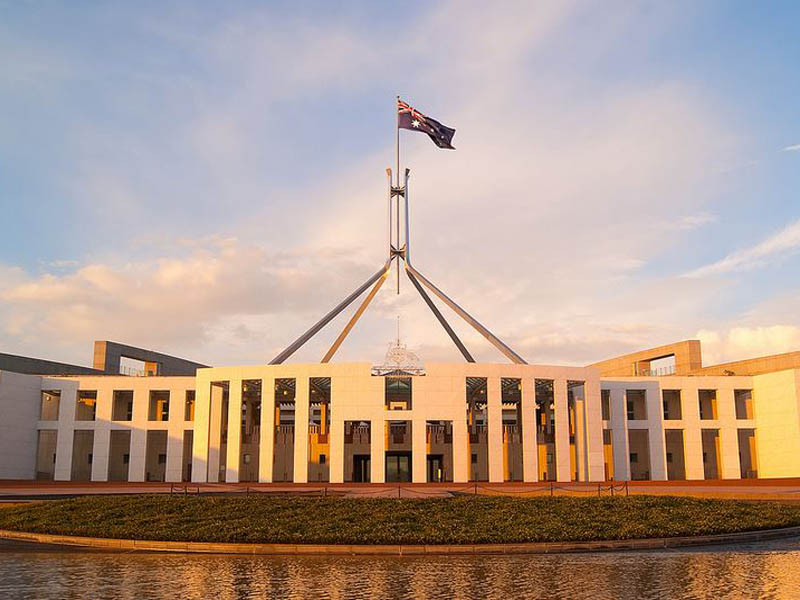The Commonwealth and all state and territory governments have agreed to share data across jurisdictions as a “default position” when it can be done safely, paving the way for federated data sharing and related reforms.
An Intergovernmental Agreement (IGA) was signed on Friday during a National Cabinet meeting. It formalises the earlier commitment from Australian governments to ramp up sharing of public sector information.
“The IGA gives effect to National Cabinet’s commitment to share data across jurisdictions as a default position, where it can be done safely, securely and lawfully,” Prime Minister Scott Morrison said.
A work program outlining “national priority data areas” and reforms will now be developed by data and digital ministers.
Priority areas will be those which are considered nationally strategically important and in the public benefit, such as the pandemic response.
There must also be an existing barrier preventing intergovernmental data sharing and priority areas will need the support of one Commonwealth portfolio minister and a relevant portfolio minister from at least two states or territories to make the work program.

The commitment paves the way for an expansion of public sector data sharing , which the federal government is already attempting to increase among Commonwealth agencies through its Data Availability and Transparency bill.
But the proposed legislation, which does not have bipartisan support, remains before Parliament eight months after being introduced and has been found to have high levels of privacy risk.
The IGA agreement governs the sharing of public sector data, which is data collected and held by the Commonwealth as well as State and Territory governments.
It recognises public-sector data as a “shared national asset” and commits governments to maximising the value of it to deliver “outstanding policies and services for Australians”.
Any jurisdiction can opt out of individual priority areas or the entire IGA, which will be reviewed in two years.
Governments will also be able to decline another government’s data request if it has a legitimate reason, such as contravening a law, prejudicing an investigation, inquiry or legal proceeding, or be likely to endanger an individual’s health, safety or wellbeing.
Requests can also be rejected on data ethics or social licence grounds, according to the agreement, and resourcing disputes will need to be justified against the national interest.
“Where resourcing is a genuine constraint, Parties agree to use best endeavours to determine how resourcing should be dealt with in light of the proposed public interest,” the IGA states.
Ministers have also agreed to uphold four “trust principles”: respect, security, transparency and accountability.
Do you know more? Contact James Riley via Email.

